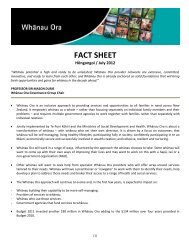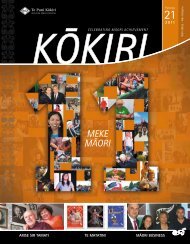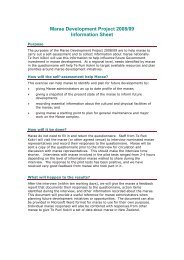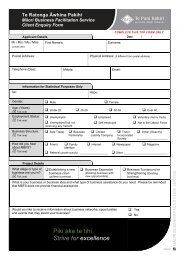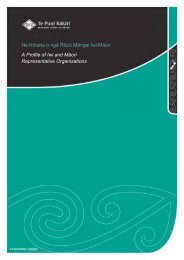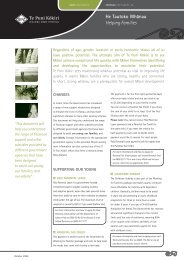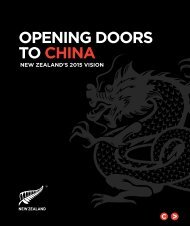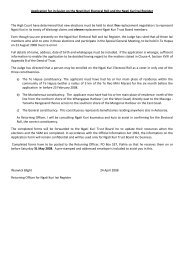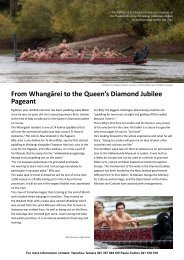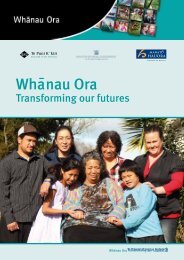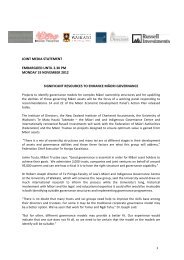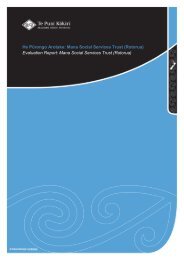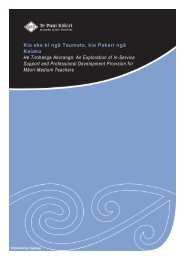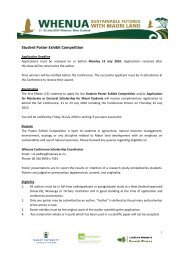Historical Background: PDF 142KB
Historical Background: PDF 142KB
Historical Background: PDF 142KB
- No tags were found...
Create successful ePaper yourself
Turn your PDF publications into a flip-book with our unique Google optimized e-Paper software.
HE TIROHANGA Ö KAWA KI TE TIRITI O WAITANGIArticle IIIThis Article was designed to serve the goal of settlement while satisfyinghumanitarian interests. 141 In the English text, the Crown extended toMäori people “Her Royal Protection” and imparted to them “all therights and privileges of British subjects”. Similarly, in the translatedMäori text, the Crown promised to protect “all the ordinary people ofNew Zealand and give them the same rights and duties of citizenshipas the people of England”. Mäori almost certainly understood thattheir existence as a distinct people and their ways of life would beprotected (reinforcing the Crown’s obligations in Article II), and thatthey would enjoy an equitable share in all the benefits and innovationsof settlement.PostscriptThe Postscript refers to those willing to witness their agreement to theTreaty by recording their signatures or marks. While the English textemphasized that the chiefs had “been made to fully understand theProvisions of the foregoing Treaty” and entered into its “full spirit andmeaning”, the translated Mäori text records that the chiefs “meetinghere at Waitangi having seen the shape of these words … accept andagree to record our names and marks thus”.The English text would certainly have conveyed to the Colonial Officethat Hobson had followed Lord Normanby’s instructions, requiringthat the chiefs be fully cognisant of the implications of signing theTreaty by giving their “free intelligent consent”, thus enabling theBritish Crown to establish lawful government in New Zealand. TheWaitangi Tribunal interprets the emphasis on the full spirit of the Treatyin the English text as being essential to interpreting its meaning andsignificance today, which also accords with Mäori familiarity withintertribal oral compacts upheld by concepts of mana. The Courtshave held that this approach accords with a Mäori customary view.The “fourth Article” of the TreatyDuring the Waitangi signing of the Treaty, debate concerning ongoingrespect for Mäori customs and authority “became mixed with a disputeamongst the representatives of the missionary churches”. 142 TheFrench Roman Catholic Bishop, Pompallier, was concerned that thepredominance of the Anglican faith amongst the British representativesand missionaries would discourage Mäori from adopting Catholicism.Pompallier intervened, asking the Governor to give the assembledchiefs a guarantee that their religious freedom would be protected. Adeclaration was accordingly drafted, accepted by Hobson, and read tothose assembled, the text of which is recorded as:40



